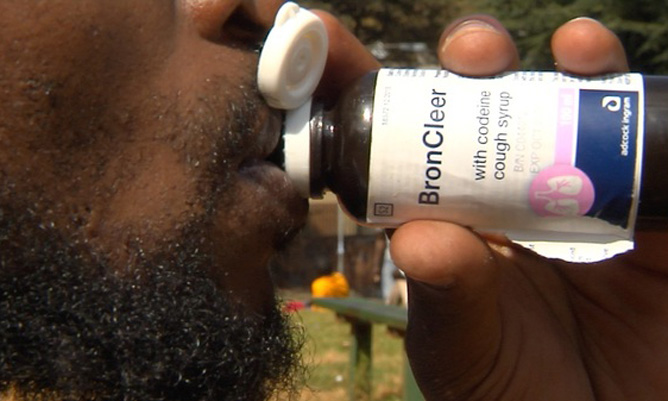
RAYMOND Kanyemba (not real name), is a qualified engineer, but has nothing to show for his skills and expertise.
BY TINOTENDA MUNYUKWI

With high levels of unemployment and little opportunities, frustration and bitterness has been taking a toll on him.
With hopes of a brighter future diminishing by the day and prospects of finding a source of income getting dimmer, Kanyemba — a family man — has been slowly sinking into gloomy self-indulgence, having found respite from misfortune’s roll call in drugs.
“I am stressed because I am not working. Things are so difficult for me and I have a family that needs to be taken care of. My only resort is taking these drugs,” said Kanyemba, with an empty look in his eyes.
“I know they are harmful, but I have nothing else to do and they help me forget everything else that is troubling me.”
Kanyemba is just one of the thousands of young skilled Zimbabweans, who have failed to secure employment due to the Zimbabwe’s debilitating political and economic crisis. Statistics show that Zimbabwe has over 90% unemployment rate.
Many of the unemployed youth have turned to drugs and they are often referred to as zvigunduru (sleepers), as they spend most of their time sleeping or lying down after consuming drugs.
- Chamisa under fire over US$120K donation
- Mavhunga puts DeMbare into Chibuku quarterfinals
- Pension funds bet on Cabora Bassa oilfields
- Councils defy govt fire tender directive
Keep Reading
Last month, President Robert Mugabe called on the youth to desist from abusing drugs and to be disciplined.
“We have students, sometimes losing their opportunities by being rough, not disciplined sufficiently and wanting to be immoral when they are still pursuing their courses, some get addicted to drugs, to drinks. Please leave these killers alone. Even when you are grown up and mature, or even if you will have graduated, they will still destroy your lives,” he was quoted saying.
Social commentators contend that drug abuse affects every strand of society including its moral fibre and the health of users.
Statistics from the Health and Child Welfare ministry show that 45% of all mental health issues are related to drug abuse while 57% of all psychiatric patients are victims of drug misuse as many young people abuse drugs such as marijuana and cough syrups like Histalix and Bron Cleer as well as cocaine.
During commemorations of the International Day against Drug Abuse and International Trafficking on June 26, drug abuse survivors opened up on the horrors associated with abusing toxic substances.
They spoke how most of the street kids that beg for 50 cents use the money to buy an illicit drug referred to as Musombodhiya, whose effects are said to bolster survival tactics in the hard, cold streets.
Many of the drug abusers are school dropouts. Faced with a bleak and uncertain future, many of them end up drifting along the backstreets of Harare while taking drugs.
The government is in the process of crafting solutions to drug abuse, with some abusers and traffickers having been convicted.
A female cocaine mule, who tried to take advantage of the country’s porous immigration entry points to smuggle 3,8kg of cocaine, was recently slapped with a 10-year jail term.
Although for a long time Zimbabwe was classified as a transit point for international illicit drug trade, over the past few years many locals have resorted to using the drugs.
For victims of drug abuse, however, some civic society organisations disagree with the incarceration method, which they believe will only create additional problems including exposure to HIV infection.
Zimbabwe Civil Liberties and Drug Network chief executive officer, Wilson Box said it is better to create a situation where drugs users are rehabilitated rather than incarcerated.
He said many of the drug abusers engaged in drug use out of hidden pressures associated with life’s difficulties emanating from unfavourable socio-economic situations.
“Rather than demonise people who use drugs, we should humanise them and rather than jailing them, we should give them the support they need. We need to end the war against drugs and make our priority the well-being of the people who use them, their families as well as communities,” he said.
The nation is, however, yet to have a single public rehabilitation centre that can help in restoring drug addicts and making them acceptable once again within their communities.











